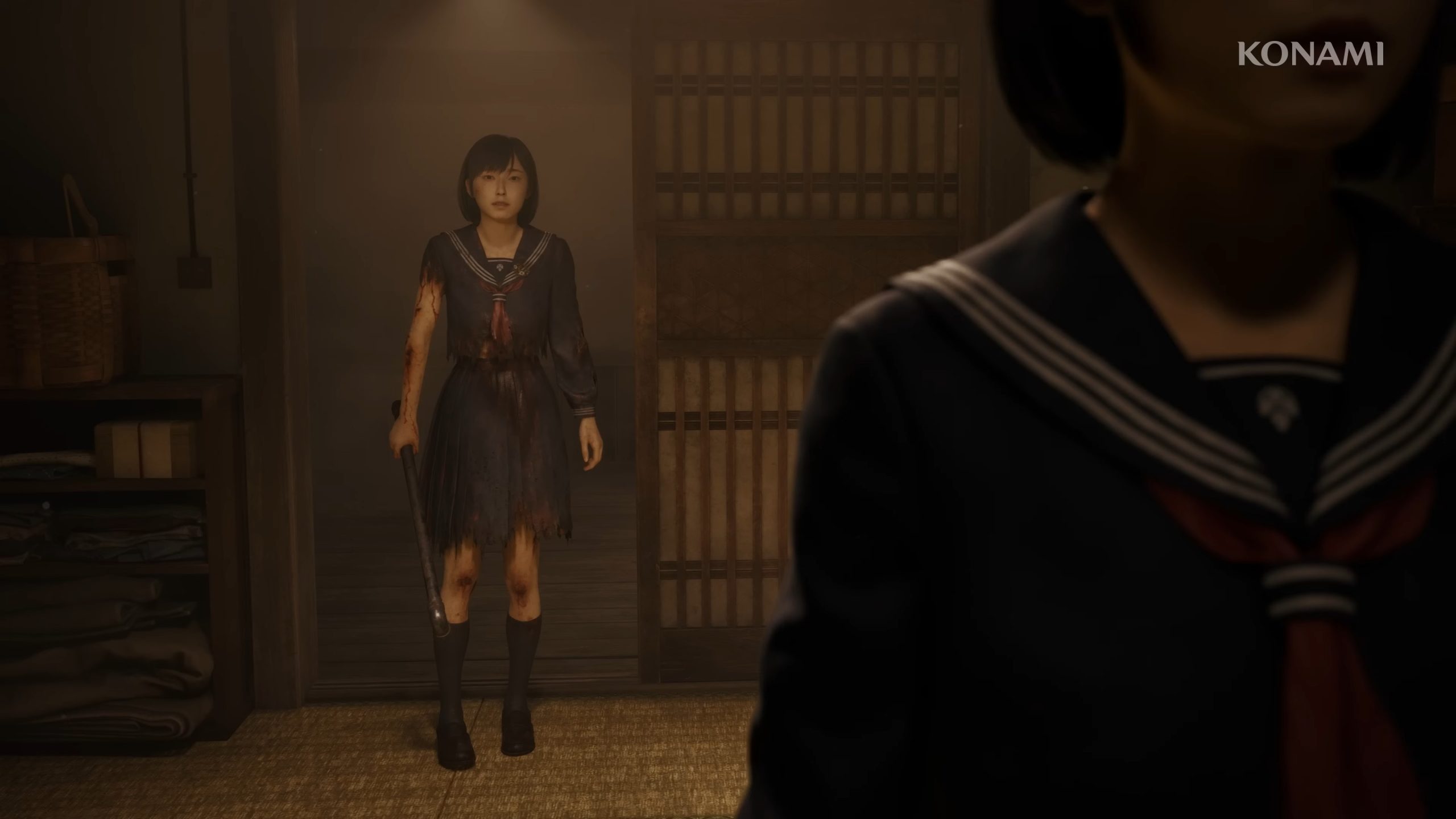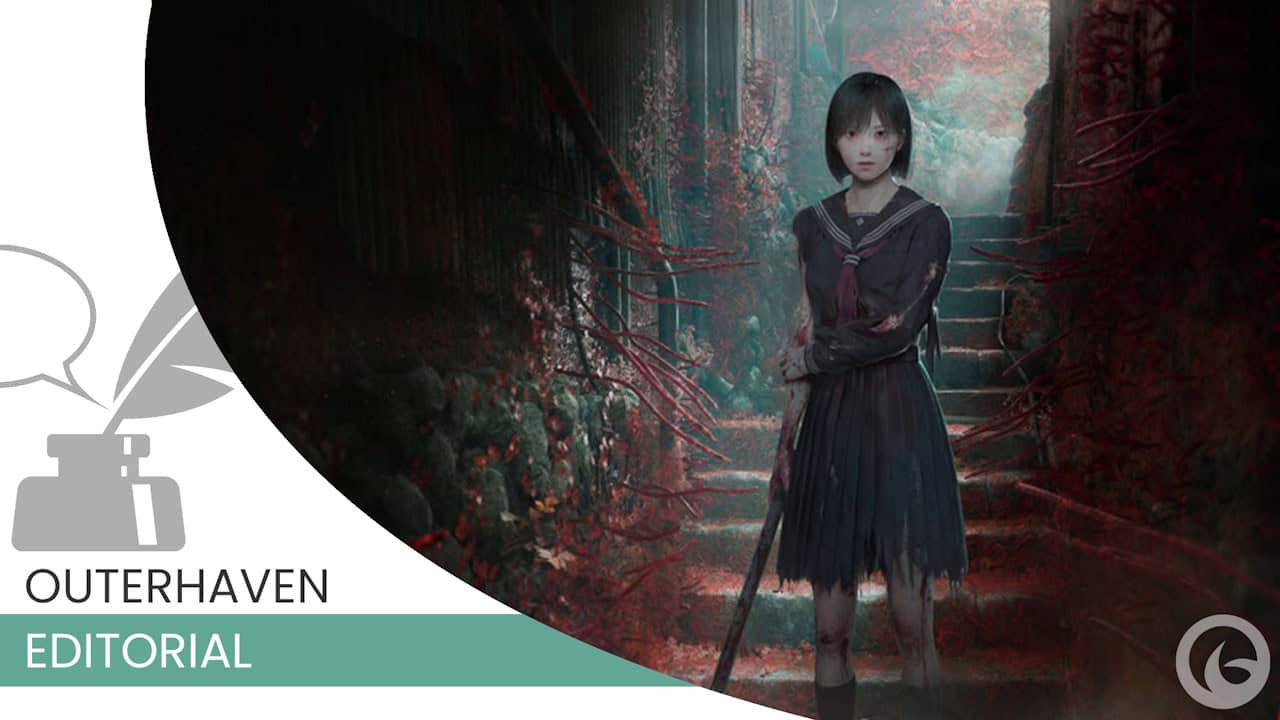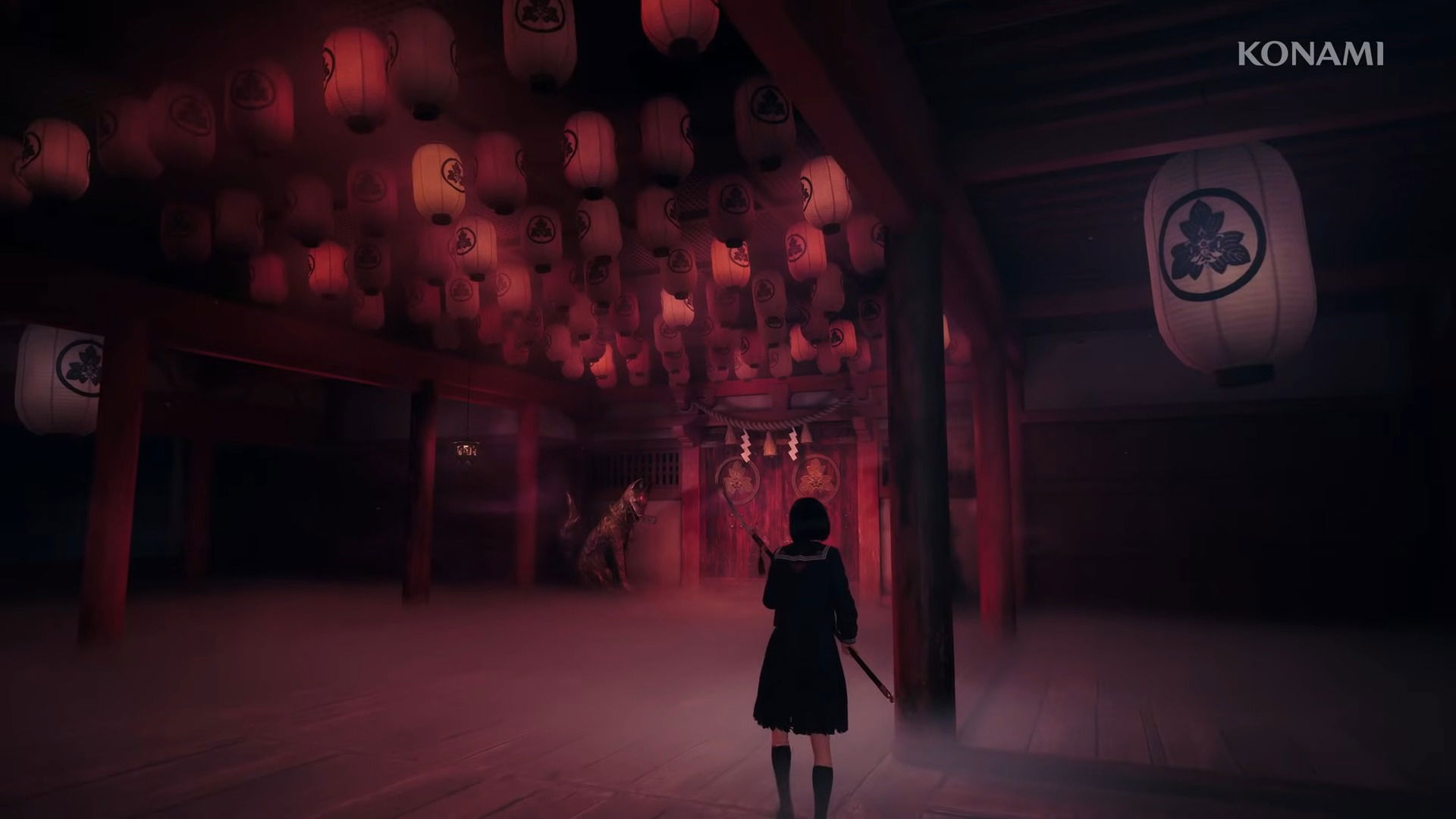During Gamescom 2025, Silent Hill producer Motoi Okamoto had to make it very apparent during an interview with IGN and clarify something that should have been obvious from the start: Silent Hill F is not a Soulslike. Yet here we are, with people tossing that label around as if every dark, atmospheric game automatically belongs to the same genre as Dark Souls or Elden Ring.
As someone who openly admits to being addicted to Soulslikes, I live and breathe them, review them, and probably play more of them than I should. Because of that, I can tell the difference between a game that is built on that DNA and one that isn’t. And Silent Hill? That series has never been about precise combat mechanics, stamina management, or brutal trial-and-error boss fights. It is survival horror. It thrives on psychological tension, atmosphere, and dread, not on parries and invincibility frames.

That is why calling Silent Hill F a Soulslike is not only inaccurate, but also disrespectful, especially to the developers who bust their asses working on these games. It dismisses the unique identity that the Silent Hill franchise has carried since the late ’90s, reducing it to some flavor-of-the-month buzzword. Worse, it devalues the Soulslike genre itself, which has grown into a rich subculture with its own standards, mechanics, and player expectations.
I get it, “Soulslike” has become shorthand for “hard game” or “creepy game with combat.” But that is lazy. Resident Evil is not a Soulslike. Alan Wake is not a Soulslike. The Evil Within is not a Soulslike. And Silent Hill F sure as hell is not one either.
What frustrates me even more is how quick people are to slap the Soulslike label on games that clearly are not, simply because they notice a feature or two that may resemble something found in a FromSoftware title. Features such as stamina bars, dodging, cryptic storytelling, or punishing enemy encounters existed in games long before anyone coined the term Soulslike. Just because a game has one or two similar mechanics does not make it part of the genre.
And here lies the bigger problem. There has never been a clear, agreed-upon definition of what a Soulslike actually is. People have made attempts to pin it down, but if you ask ten different people and you will get ten different answers. A definitive answer? I don’t know if we’ll ever get one. Yet, until that happens, we will continue to see every horror title, every challenging action game, and every atmospheric adventure mislabeled and misunderstood. And that frustrates the hell out of me.
At the end of the day, survival horror and Soulslikes can share DNA without being interchangeable. We can celebrate both without smashing them together into a meaningless label. Okamoto’s clarification should not have even been necessary, but given how overused the term has become, maybe it was.
I will keep playing every Soulslike that drops, and I will gladly critique them when they get it wrong. But I will also defend Silent Hill’s right to be what it has always been, disturbing, unsettling, and unforgettable. We owe it to the developers, and to the fans, to respect the boundaries between genres instead of slapping the same tag on everything with shadows and monsters.
That said, I can’t wait to get my hands on Silent Hill F, lock myself into a dark room and get scared senseless. Don’t disappoint me, Konami and Neobards Entertainment.
Silent Hill F is set to launch on September 25, 2025, and will be available on PlayStation 5, Xbox Series X|S, and Windows PC.



